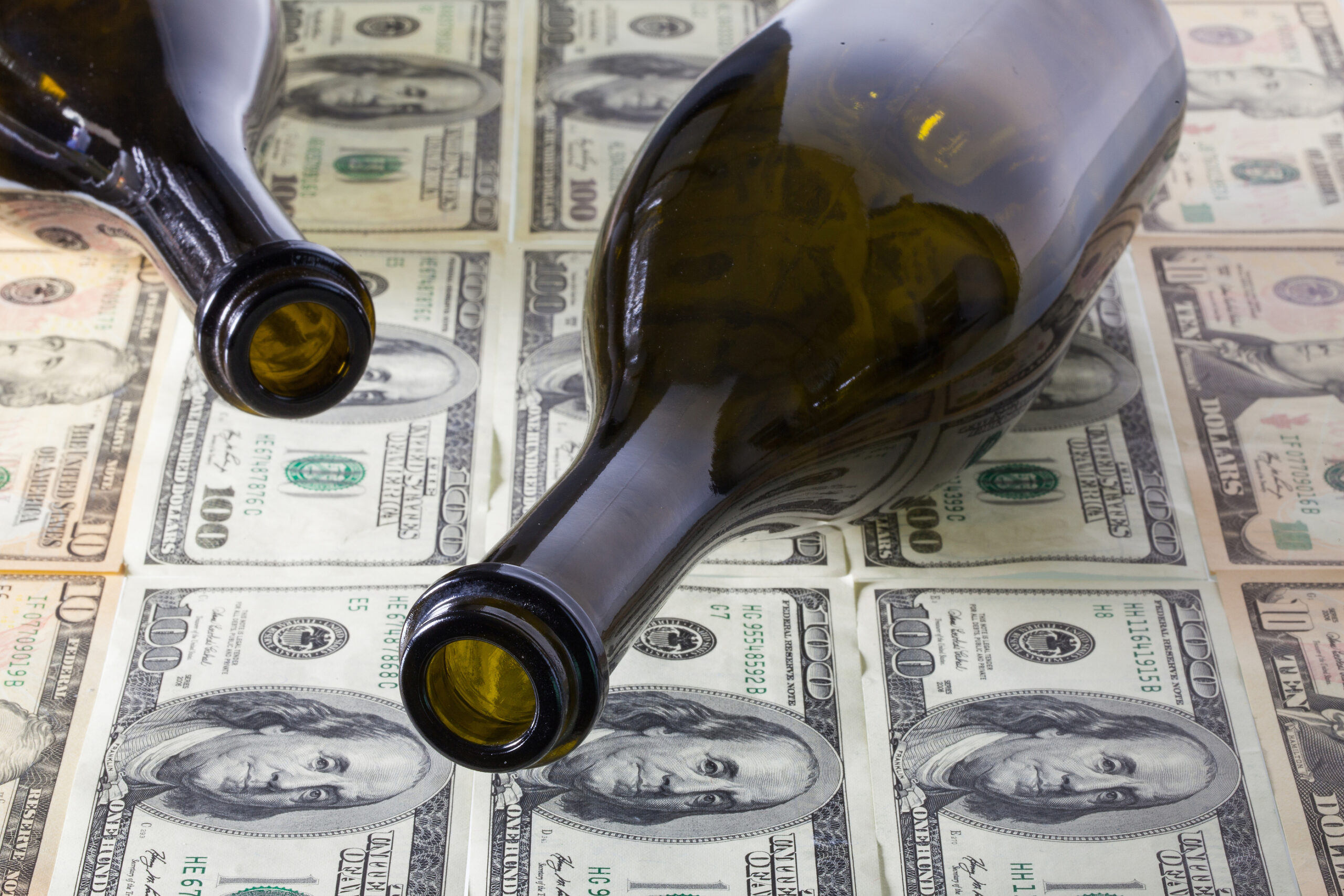Recently, American and European trade negotiators announced a sweeping list of tariff exemptions as part of a trade agreement. Unfortunately, wine and other alcoholic products were not listed as exempt products. While this may seem insignificant in the context of a broader deal, it breaks precedent. It threatens not only the wine industry but also the spirit of collaboration and cooperation that wine has fostered on both sides of the Atlantic.
For centuries, wine has been part of celebratory occasions. Champagne was served at the coronation celebrations for generations of French kings in Reims. In 1787, the Founding Fathers of America enjoyed more than 100 bottles of wine in a single night during the Constitutional Convention in Philadelphia. You see it in locker rooms after championships are won, and on docks when ships are christened. For hundreds of years, when people have come together, wine from regions around the world has been there.
On the global stage, “wine diplomacy” has helped foster positive relationships, celebrate peace, and forge treaties between nations since antiquity and up to the present day. Celebrated, coveted and immortalized in Winston Churchill’s remark, “It’s not just France we’re fighting for, it’s Champagne!”, wine has been subject to taxation, whether under the Roman Empire or during the Enlightenment. In many ways, wine mirrors the chapters of history, and history suggests that periods of flourishing exchange often coincide with the removal of taxes and barriers to its commerce.
In fact, wine was so crucial that provisions protecting wine region names were included in the Treaty of Versailles that ended World War I. Today, wine toasts are still used to signify trust and the culmination of successful negotiations, and White House state dinners prominently feature wine with a specific origin, showcasing domestic wines alongside those from the home country of their honored guests.
Recognizing this principle that wine can unite us, 34 wine regions worldwide have come together as the Wine Origins Alliance, a unified force in the global wine industry. Although these regions are all competitors on the global market — from Baja California to Barossa, Australia, and from Texas to Tokaj, Hungary — they all understand that our industry is best served by reducing barriers to trade in wine, not adding new tariffs.
While the new U.S.-EU wine tariff rate of 15 percent may seem acceptable and aligned with the vast majority of products, its effect will be anything but. These additional tariff burdens will be most deeply felt by the small- and medium-size enterprises that comprise 90 percent of the wine industry globally.
Furthermore, the wine industry is deeply interconnected with the rest of the global economy. In addition to producers, the effect of tariffs will be felt by importers, distributors, retailers, bars, restaurants and beyond. Every dollar of wine shipped to the United States generates $5 in economic benefits for the United States.
Beyond those who work in the wine industry, the effect of wine tariffs will also be felt by American and European consumers. There are intuitive effects, such as higher prices, but also some less obvious effects on consumer choice.
As an example, when an American wine region is prevented from entering the European market due to tariff burdens, there is no substitute that consumers can enjoy. An Oregon wine can only be grown in Oregon, just as a wine from Chianti Classico could come only from Italy. Tariffs could deprive consumers of this choice and prevent them from discovering the world of wine that awaits them. Wine can even expand horizons, with tourists worldwide traveling to see the regions where their favorite wines are produced — and feeling a sense of pride from seeing their country’s wines available in restaurants and bars abroad.
We are hopeful that future negotiations will take these factors into account and make progress toward a return to a favorable trade situation with a low or zero-for-zero trade agreement in wine between the United States and the European Union. Doing so will correctly acknowledge wine’s role in the international economy and cooperation and allow producers and consumers to harvest the benefits.


